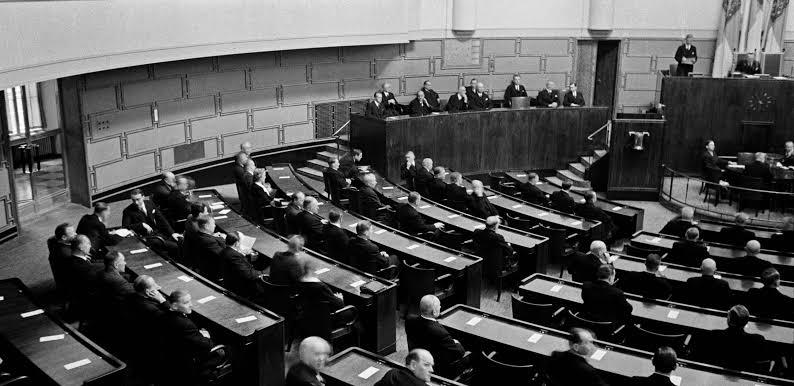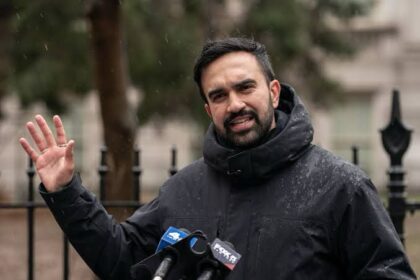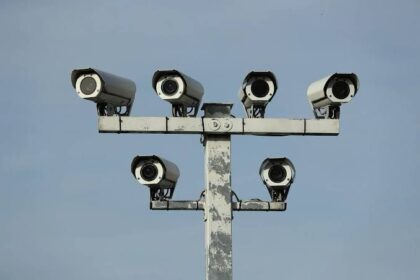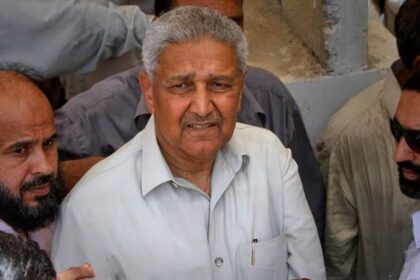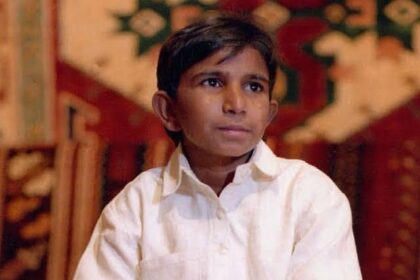On 9 September 2015, at the Athens Democracy Forum in Greece, the late His Highness the Aga Khan IV delivered a speech that, in hindsight, feels eerily prescient. He did not declare democracy a failure. Rather, he asked whether democracy, in its current form, can still fulfil its most sacred promise: to improve the quality of human life.
It was not a denunciation but a dignified diagnosisŌĆöuncomfortable, yet necessary.
Nearly a decade later, the prognosis remains sobering. Democracies around the world are not collapsing at the ballot box; they are faltering in grocery store queues, underfunded schools, and the quiet frustration of people who no longer believe their voices matter. The crisis is no longer just politicalŌĆöit is existential.
People do not lose faith in democracy because they dislike freedom. They lose faith because they feel unseen, unheard, and helpless. When your daily reality is marked by stagnant wages, polluted air, and fragile healthcare, the sanctity of voting every few years can begin to feel like a ceremonial performance: noble in theory, negligible in practice.
This is where the Aga KhanŌĆÖs words strike at the heart of the issue:┬ĀDemocracy is endangered when it fails to deliver on its promise to improve the quality of life.
So the real question is no longer whether democracy worksŌĆöbut for whom it works and how often.
Democracy, in its current iteration, has become too enamoured with its rituals and too estranged from its raison dŌĆÖ├¬tre. We honour the process but overlook the progress. We focus on the vote and neglect the governance that happens in between.
To navigate this, the Aga Khan proposed four powerful ideas:
ŌĆó A deeper constitutional literacy
ŌĆó A pluralistic and independent media
ŌĆó A robust civil society
ŌĆó A living, breathing democratic ethic
It is this┬Āliving, breathing democratic ethic┬Āthat deserves our attentionŌĆönot the kind engraved on monuments, but the kind practiced in our daily lives. The kind that values listening across divides, compromises with integrity, and treats diversity as a strength rather than a problem to be solved.
This is where the conversation shifts from political to philosophical.
Our democratic fatigue may not be solely institutional; it may also be spiritual. We have built systems that reward dominance over dialogue, speed over empathy, and spectacle over substance. In an age of algorithms and amplification, we are becoming louderŌĆöbut not necessarily wiser.
Pluralism, then, is not merely a virtue. It is a civilisationŌĆÖs imperative. It calls for active, joyful engagementŌĆönot the half-hearted tolerance that often passes for inclusion today. Because genuine pluralism doesnŌĆÖt stop at asking who gets a seat at the table. It also dares to ask:┬ĀWho designed the table? Who sets the agenda? And why are some voices louder than others?
The Global Centre for Pluralism in OttawaŌĆöestablished by His Highness the Aga Khan IV and the Government of CanadaŌĆöis one such active response. More than a think tank, it reminds us that dignity cannot be legislated from the top down. It must be cultivated within communities through policy, education, design, and discourse.
Imagine if pluralism became a national metric, as critical as GDP or literacy. If our schools taught cultural fluency with the same urgency as algebra. If public debates favoured understanding over outrage. If our algorithms elevated nuance instead of flattening it. And what if city planning considered not just physical accessibility but cultural and spiritual accessibility too?
This is not na├»vet├®ŌĆöit is necessity. Because when pluralism fades, what replaces it is rarely genuine unity. More often, it is a rigid uniformity. And history shows, with chilling regularity, how uniformity breeds intolerance, solidifies power, and amputates imagination.
That is why pluralism must move from the margins of civic discourse to the centre of democratic design.
Of course, none of this will happen by default. Like democracy itself, pluralism must be practised, rehearsed, taught, and lived. It begins in classrooms and boardrooms, in design briefs and policy memos, in coffee shop conversations and town square deliberations. And yes, in how we speak of ŌĆśthe otherŌĆÖŌĆöespecially when the other is not in the room.
So here is both a challenge and an invitation:
ŌĆó If you are a policymaker, ask whether your systems welcome difference or flatten it.
ŌĆó If you are a technologist, ask whose values shape your platforms.
ŌĆó If you are a teacher, journalist, or leader, ask whether democracy is becoming more accessibleŌĆöor more abstract.
ŌĆó And if you are a citizen of this planet, ask whether we are custodians of shared dignity or merely consumers of shared infrastructure.
The Aga Khan IVŌĆÖs speech was not a farewell to democracyŌĆöit was a call to reimagine it.
Democracy, like love or language, survives only if it evolves.
And pluralismŌĆöwhile often messyŌĆömay be its most vital, durable, and lasting evolution.
The most pressing question democracy must answer today is not,┬ĀŌĆ£Can it last?ŌĆØ
But rather,┬ĀŌĆ£Can it serve?ŌĆØ




